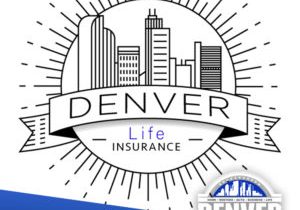The Most Frequently Asked Auto Insurance Questions and Answers
These are some of the most popular questions we get on auto insurance. If you have a more specific question, don't hesitate to contact us and ask an insurance agent - we'd love to help you!
Have More Questions About Insurance? Don't Hesitate to ask us!
The world of car insurance is incredibly complex and contradictory. It can be extremely difficult to navigate through the jargon and technical terms to get to the simple truths that can help you make an informed choice.
This is where we come in!
We’re rated as one of the top 3 insurance agents in Denver. Our expertise and years of experience can help make the complicated simple and explain any other insurance you have in plain-speaking, jargon-free terms. While we’ve worked to be as transparent as possible in the FAQ above please don’t hesitate to get in touch with us today if you have any further question.










